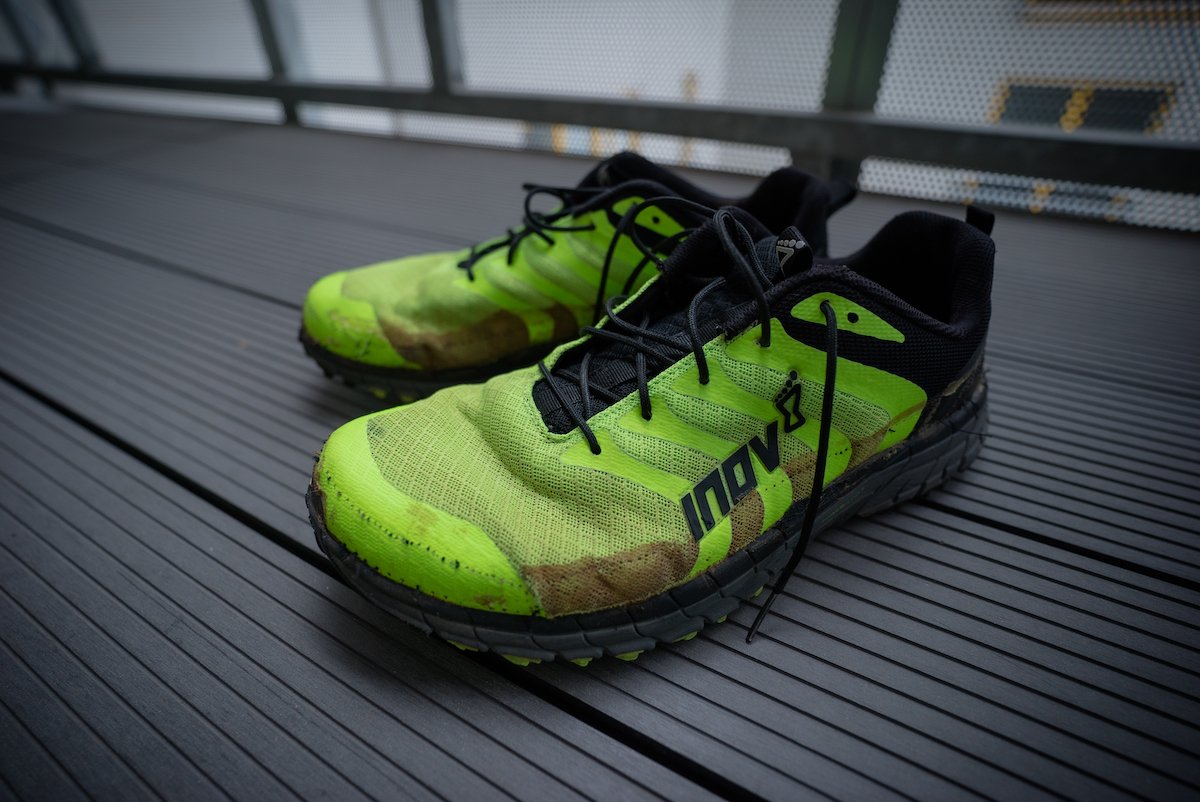Time left until the next Marathon des Sables
My Marathon des Sables diet and nutrition plan
Perhaps one of the most important parts of the race - as this will undoubtedly be the thing that picks you up when you’re at a low ebb. Also, having spent many months of my life in the desert and hot environments, I know that my appetite massively drops in these places so I’d need something that I actually want to eat in my normal day-to-day life.
Our strategy around nutrition comes from 15 years of training for and competing in ‘ultra-events’ (Rowing across the Atlantic ocean, 2 x Ironman triathlons, multiple ultramarathons, Devizes-to-Westminster canoe race).
Our thoughts on:
Sugar: For long day events, I try to avoid anything with sugar in to keep my blood sugar levels as stable as possible (my first Ironman led me to drink too much Pepsi during the marathon and found it hard to keep it stable). For the MDS I used a combination of dried mango, cranberries, jelly beans and raisins – however I had to be incredibly disciplined in not eating them all in one go (easier said than done!).
Protein: As a big guy, I need a little more protein than your usual person. My strategy was to eat most of it in the last meal, but also using a few jerky snacks as morale during the day time. I’ve used this in the mountains and was pleased when they stayed moist in the desert (in temps up over 40 degrees Celsius).
Fat and carbohydrates: As I’d be spending most of my time in zone 2 (burning more fats than carbs), I’d need a fat-heavy diet. But then how do you get that in food that can resist the high temperatures of the desert AND still be palatable? See below for how we managed this.
Food weight: My total food weight (not including packaging weighed in at 4.94kg. The advice from various MDS consultants is that your food should weigh around 3.5kg – take this advice if you want, however if you’re a bigger runner; I chose to add the extra calories and ‘stow’ this advice.
One thing that did interest me was a few racers mixing Huel powdered food mix with their morning Porridge. I’ve been using Huel for a year and can’t believe I didn’t think of this – something I intend to trial over the summer for my next big physical challenge.
Calories: The minimum is 2000 Kcal per day (or 14,000 total). I planned on a c.2600 Kcal per day (with a heavy emphasis on food I would actually want to eat). As you can see below, my total calories came to 19,377.5 Kcal.
Want to know what gear I used to complete the race? Read our complete gear list here.
Continue reading in our digital MdS guidebook!
This digital download is over 8000 words of hard-won knowledge, advice, guidance, ideas across 17 pages, covering the following subjects:
- How to choose the right shoes for the Marathon des Sables
- Sleeping bags options
- Food selection
- Essential clothing for the Marathon des Sables
- Nutritional demands / calorie planning for the race
- Different backpack options
- The application process.
- How to meet the cut-off times
- The race format.
- Understanding the mandatory gear list.
- Tent etiquette.
- Weight reduction ideas for your kit.
- Taking care of yourself and blister management.
- Race strategy for completion.
- The pre-race medical checks
- Where to get your footwear tailored for gaiters.
- Planning for charity fundraising.
- Ideas to aid physical preparation.
- How to condition yourself for the demands of the desert
- How to enter from overseas
- How to generate social media interest for funding it.







